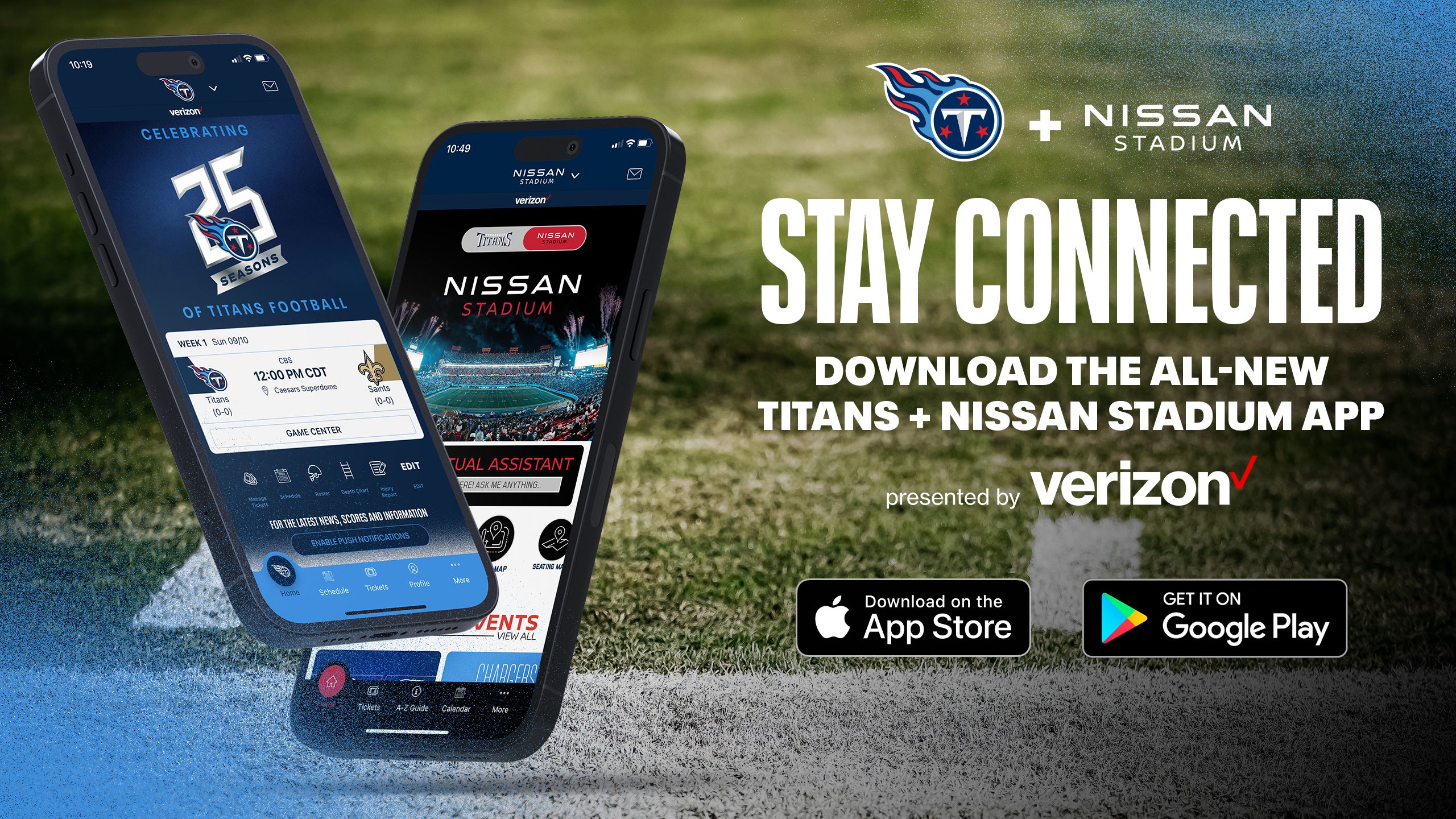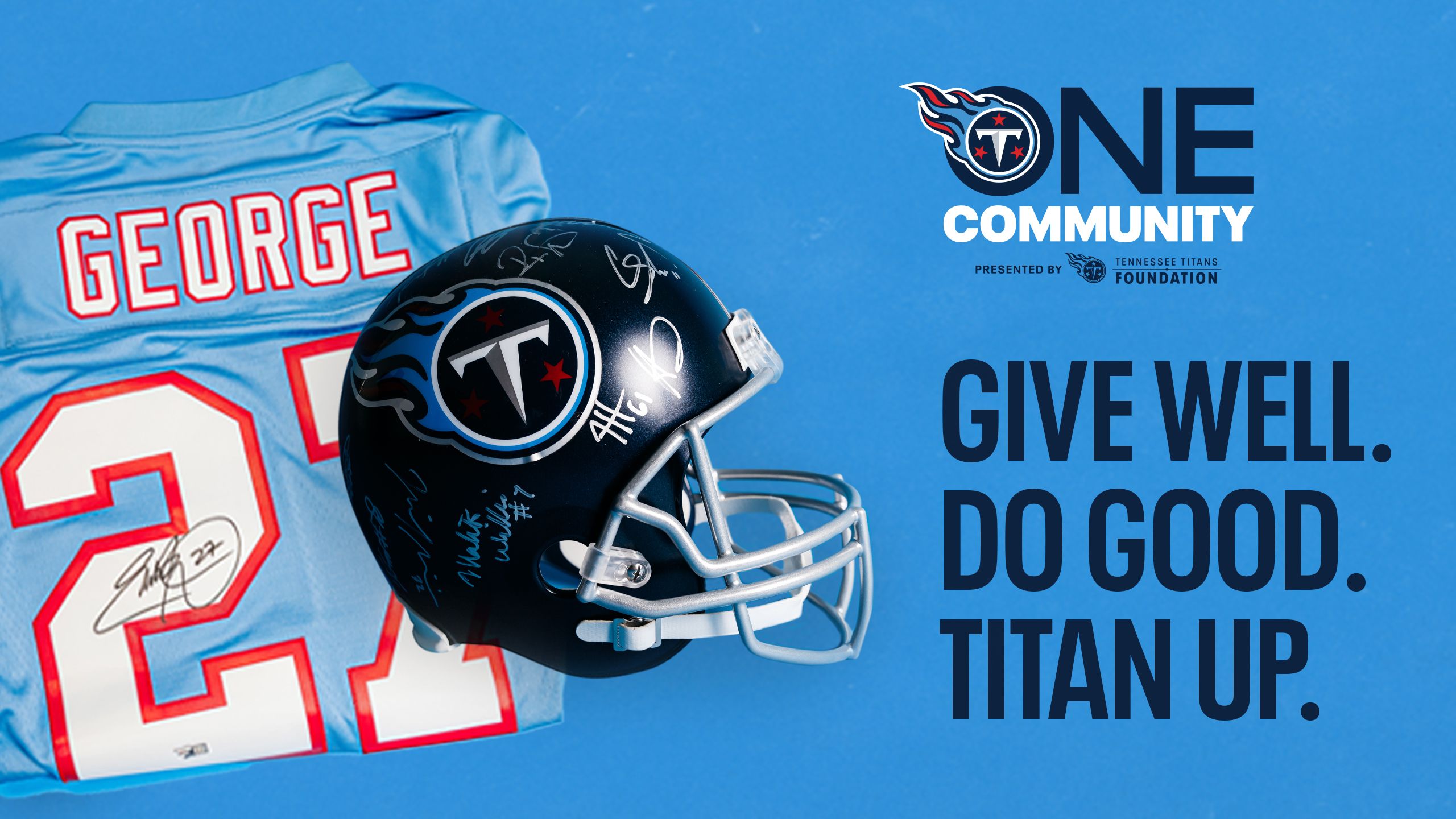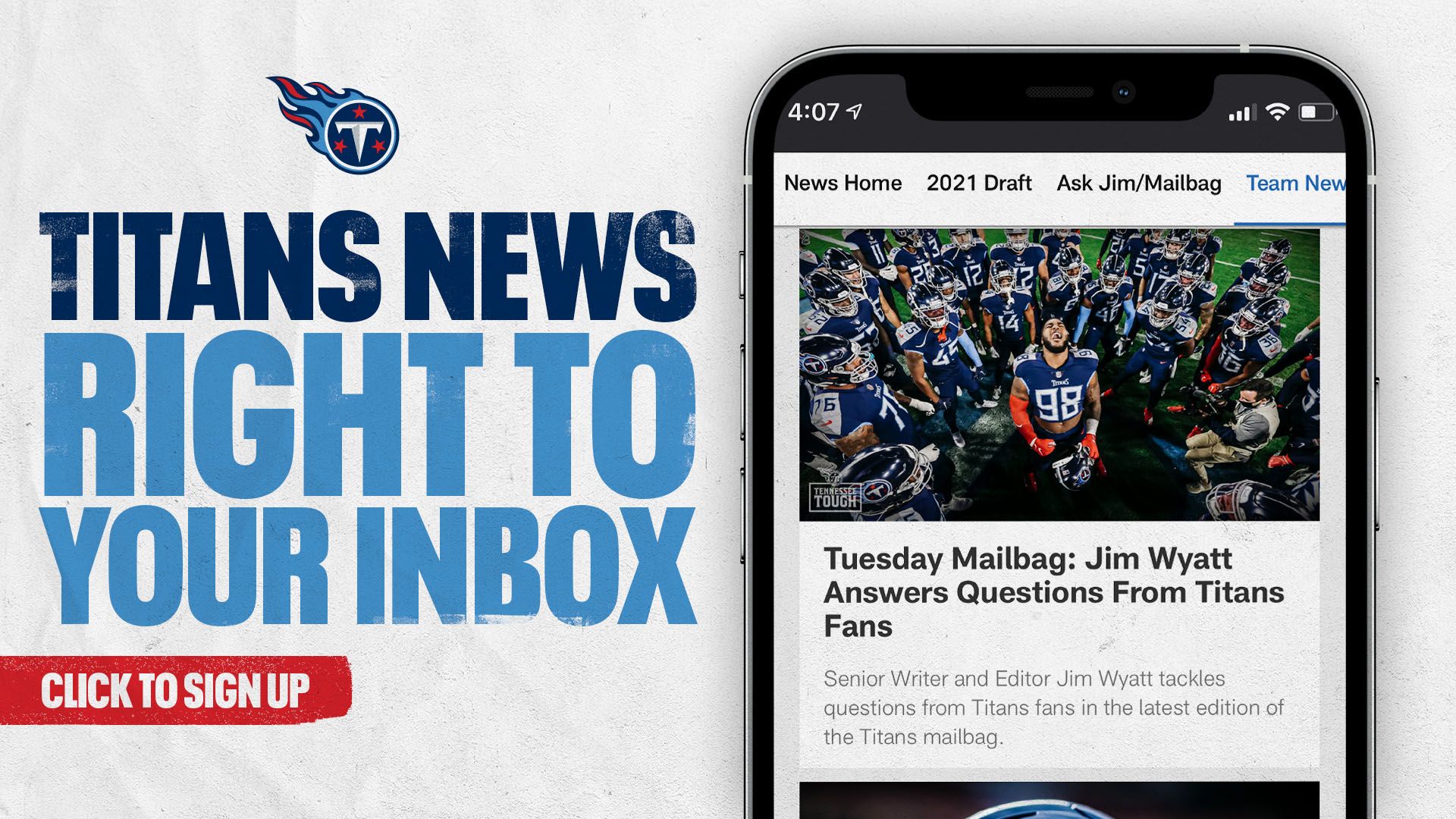What is most important to having an effective special teams unit?
The bottom line is you want to be sound and being able to study a phase, an opponent, whatever it may be, and go through a checklist of 'What if this happens, what if that happens?' and giving the guys a chance to be sound first in the scheme and the technique and the fundamentals a lot like the defense and offense. From there, you can go to the plays that are more explosive. You really have to have a strong foundation of being solid and then branch from there and build from there, maybe the flash-type plays that occur.
What is the biggest key to delivering a big play on special teams?
The big plays that happen are usually a combination of an explosive player with the ball in his hand, some good blocking, and quite often, an error by the other team that could be caused by good blocking. The total, for lack of a better term, the plays that require deception, there's fewer of those each year. The fakes, the reverses, the throwbacks, those usually come as a result of film study and them happening to make a mistake, and your squad executing. The base plays, like a return or a block are always a combination of your team doing something really good and an error on the other team.
There's a lot of good special teams plays that are the mortar between the bricks, and there's years you can play great special teams and you may not have a return for a touchdown, but you have a lot of positive effect on the game. Sometimes those flash plays can become misleading. If you have 'X' amount of big plays, and the other 15 plays in the game weren't good, that's not good either, so I'd say being consistent and not being volatile would be a trait that most coaches would strive for. As I said earlier, if you have a solid foundation, you're sound, you play hard and fundamentally, your guys play with good effort, if the flash plays come, that's a bonus because you may get all your big plays, and on the statistics sheet, at the end of the year, this team did this four times. That might have happened in one game, and you didn't play very good in the other 15. That's not what any of us would be after. I would say the trait, just like any other phase, these guys are consistently solid. It's hard to get anything on them. They don't make a lot of mistakes, they don't hurt themselves, and then it would be similar to the more you do it right, the more chances you're going to get to make something big happen.
Another thing that people know but may not study as much, you may have a punt return blocked perfectly, and all of a sudden that punter hits a 45-yard punt that hangs five seconds and has good direction on it, you're going to have to fair catch that. The difference is if the offensive line has a gaping hole blocked, the quarterback is going to hand the ball to that running back, so he's always going to have a shot to benefit from great blocking. You may go out in the game, and if you have seven punts, the punter may not give you a chance to return any of them. Then, you're sitting there next week watching film, trying to (illustrate), 'Guys, keep it up. This is blocked so well, but you don't get the handoff,' so to speak. That's where the motivation of, continually believing that something is going to break, something is going to happen if this guy gives us the right punt. Conversely, kickoff return, you've got everybody blocked, it's a thing of beauty, and there goes that ball out of the end zone and you're returner can't get his hands on it. The mounting frustration at times that builds during a game on special teams is, 'Guys, you're blocking your butt off. You're doing a heck of a job, and this guy is just not giving us a chance.' Mentally, that's a lot to deal with. Keeping the frustration off the sideline, that's really not a bad thing, but usually if you design a blocking scheme or you have a return on and the players block it well, frustration is maybe the wrong word, but you'd really like to see what you can do as a returner because at the end of the day, a lot of the dynamic returners at times will make what a conservative person will think is a questionable decision. He may see or feel this thing is blocked really good. I'm not going to fair catch this. I'm going to take my chances that this guy is going to miss the first tackle, and if catches it and the guy misses and he can get to that blocking, everyone is cheering. He doesn't fair catch it, and the guy hits him as he's catching it, sometimes the result is undesirable. That's the fun of it but also the challenging part of it.
There's been talk of eventually eliminating kickoffs and punts. What would football be without those plays?
It would be, I think, just as a football person, just aesthetically when you turn on the TV or go to the stadium, that's how a game starts. When you change possession, people are used to a punt. I think the game is obviously evolving with player safety, which we all know is a high priority and should be, that they've done a pretty good job of hanging onto a lot of the elements and improving. I know we're all still looking for ways to improve the game and make it safer. It's a part of the game that's been there for years, so making a radical adjustment would be big for a lot of people.
It was well-documented when they moved the kickoff line up (from the 30 to the 35-yard line). The data says what it says. There's more touchbacks. When there's more touchbacks, there's fewer contact opportunities, and obviously the less exposure there is to the physical aspect of the game, the less wear and tear there is. What it's also done is, there's more returners bringing it out from deeper than they used to.
In the playoffs and the Super Bowl, there were some big special teams plays, that I assume were fun to watch for the fans and everyone involved in the game. I'm pretty sure that most people still see the value of a good return or coverage guy.
How much discretion do you give to returners in terms of bringing back deep kickoffs?
I believe you have to communicate going into the game, during the game, obviously, the coaches and with the players that, 'Hey, we're winning by x-amount of points, if it gets deeper than five deep in the end zone, let's set it down and take the touchback.'
You may adjust your blocking. Having a rogue type of decision is not beneficial because you want to be on the same page. You look and say, 'He just brought that out?' Some of the best returners have a little bit of a cavalier attitude, which is a must for those guys, but having good communication and a good plan is the key.
How will spending last year as Titans assistant offensive line coach help you in your new role?
I think the level, the familiarity at least, even though it's been a year, the first time I'm talking to these guys, they at least know what I look like. Some of the players know me decently. Some don't know me as well. I've talked to several, and it's got some familiarity to it, which is nice. On my end of it, kind of having an idea about the players helps my perspective.
What will you do in between now and when the players report for the offseason program in April?
Evaluating pro and college personnel, and putting our systems together of what we're going to do. It will take every minute of every day that we've got. Most of the schemes in the NFL are similar, so whether you're going to run the wishbone or the spread, there's nothing that drastic, from a philosophical standpoint. You're going to have the aspects of your protection up front. You're going to have a coverage philosophy, you're going to have a kickoff return, your alignment, how many guys you're going to have on the front, and on the back. Punt return, how much are you going to rush, how much are you going to return it. By and large, the schemes in the NFL all have a lot of common elements. The way you present, the way you practice, sometimes those things will be different, format, playbook and presentation.


















